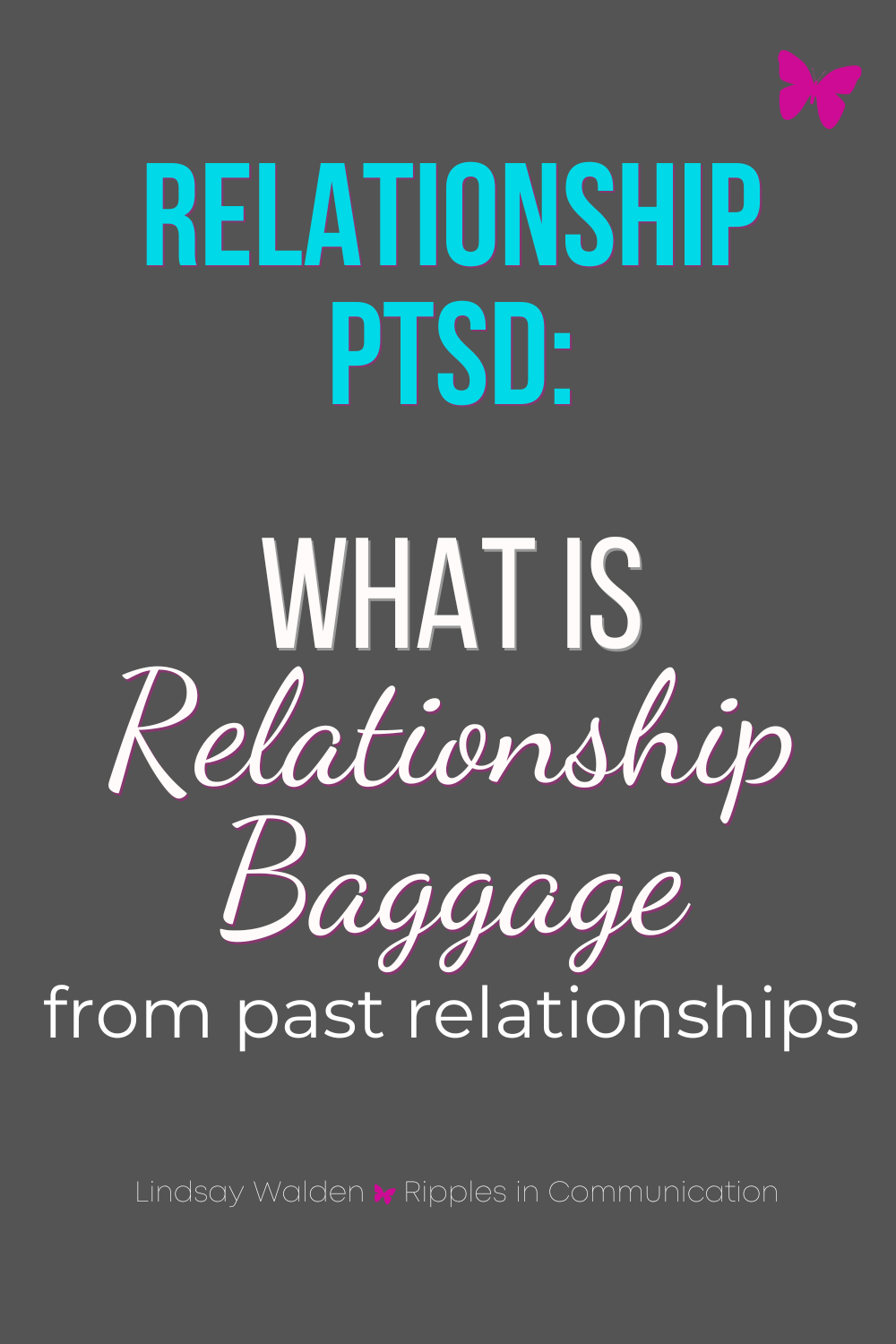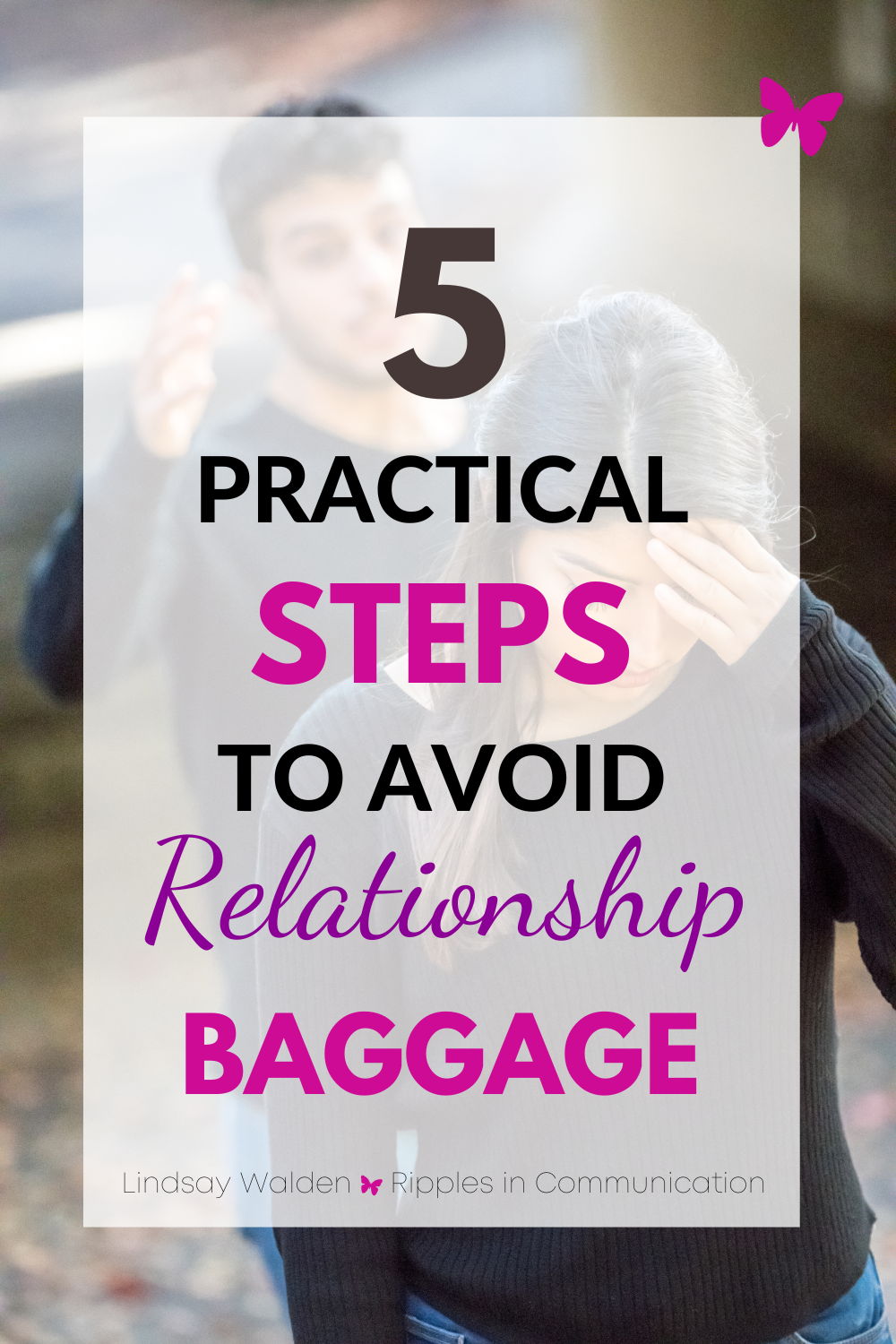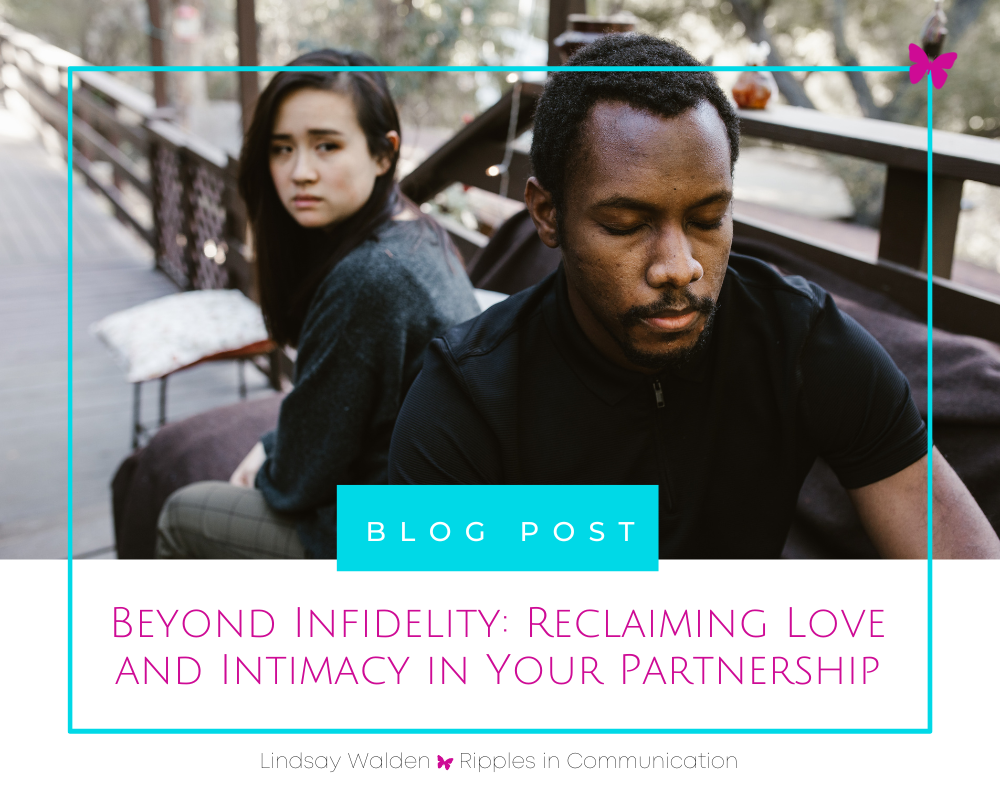Breaking Free From Relationship Baggage
Entering into a new relationship can be an exciting and hopeful time in our lives. However, it's important to acknowledge that we often carry emotional baggage from past relationships, which can affect our current dynamics. In this blog post, we'll explore the concept of "relationship PTSD" and discuss practical strategies to prevent ourselves from bringing old baggage into new relationships.
Note: Trigger Warning and Clarification:
Before we delve into the topic, I want to clarify a few things. Firstly, I want to emphasize that this blog post is not intended to diagnose anyone with any condition. It is purely an exploration of a concept that many people can relate to. Secondly, I am committed to discussing sensitive and triggering topics with care and respect. I acknowledge that the term PTSD is often associated with significant trauma, and I do not wish to diminish or trivialize its significance. As someone who has a diagnosis of PTSD, I am sensitive to these matters and aim to approach the subject with caution and empathy.
Have your gotten my FREE Relationship Communication Guide yet? Start building an authentic, conscious, and thriving relationship with your partner TODAY. Say goodbye to misunderstandings, conflicts, and missed opportunities for a deeper connection. These are the same tips and practical advice I give to my clients every day. With this guide, you'll be equipped to navigate any communication challenge and build a strong and fulfilling bond with your loved one. Click the button below to enter your email address and I will send the guide to your inbox right away!
Discover practical tips to prevent relationship baggage from past connections. Explore the concept of relationship PTSD and learn how to foster forgiveness and build healthy relationships.
Understanding Relationship PTSD:
Relationship PTSD is a term used to describe the patterns and emotional struggles that can emerge from past relationships, affecting our present ones. It is important to note that relationship PTSD is not meant to be an actual diagnosis but rather a concept that helps us understand the impact of past experiences on our current relationship dynamics.
Recognizing Relationship Patterns:
One of the first steps to preventing relationship baggage is self-reflection. Take a moment to ponder these questions: Do you notice recurring patterns in your relationships? Have multiple partners pointed out problematic behaviors or provided feedback? Do you find yourself reacting to your current situation as though you're still entangled in a troubling or painful previous relationship?
Engaging in Courageous Conversations:
To overcome relationship PTSD, it is essential not to let underlying issues fester beneath the surface. It takes courage to address these concerns, but having open and honest conversations is the key to breaking free from damaging patterns. Engage in what I call "courageous conversations" with your partner, where you express your thoughts, concerns, and fears. These conversations can be difficult but are necessary for personal growth and relationship development.
Leave behind the burdens of previous relationships. Learn how to overcome relationship PTSD and engage in courageous conversations for a fresh start. Embrace forgiveness and create a foundation for healthy connections.
Practical Steps to Prevent Relationship Baggage:
1. Self-reflection: Take time to understand your own emotions and reactions. Consider seeking therapy or counseling to gain deeper insights into past experiences and their impact on your present mindset.
2. Communicate openly: Share your thoughts, concerns, and expectations with your partner. Practice active listening and validate each other's feelings. This fosters a healthy and supportive environment for growth.
3. Practice forgiveness and let go: Holding onto resentment and grudges only perpetuates the cycle of relationship PTSD. Learn to forgive yourself and others, freeing yourself from the emotional burden of past experiences.
4. Set boundaries: Establish clear boundaries in your new relationship. Communicate your needs, desires, and deal-breakers. Respecting each other's boundaries fosters a sense of safety and security.
5. Seek professional support: If relationship PTSD continues to impact your daily life and relationships, consider seeking professional help. Therapists and counselors can provide valuable guidance and support in working through these challenges.
I am a licensed therapist who has personal and professional experience with PTSD. I specialize in helping couples get to the root of why the relationship is suffering and helping couples build a healthy bridge back to being the loving, thriving couple they want to be. I also support individuals so if it’s just you that would like some help, someone to talk to and help you navigate these waters you are in, please reach out. You can also get started right away by DOWNLOADING my free Relationship Communication Guide
Bringing old baggage from past relationships into new ones is a common struggle that many of us face. However, by understanding the concept of relationship PTSD and actively working to prevent its influence, we can create healthier and more fulfilling connections. Engage in courageous conversations, practice self-reflection, and seek professional support when needed. Remember, healing is a process, and with dedication and self-awareness, we can break free from the patterns of the past and build stronger, more resilient relationships in the future.
Note: If you're interested in learning more about effective communication in relationships, you can download my relationship communication
Ready for a new beginning? Break free from old relationship baggage. Explore the power of forgiveness and communication. Build healthy boundaries and nurture meaningful connections.







